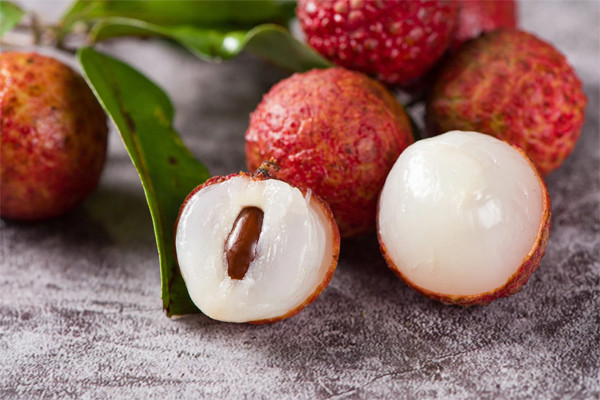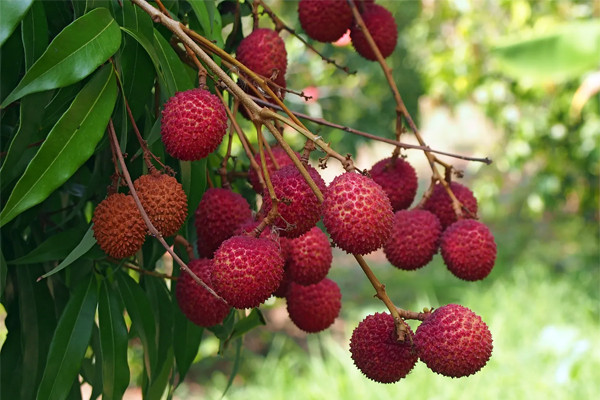What happens when you eat too much lychee?
Lychees provide a lot of vitamin C, minerals for the body but can cause allergies, increase blood sugar levels.
Lychee is grown in many Southeast Asian countries. In Vietnam, lychees are harvested early, while lychees are harvested in June and July.
This is a tropical fruit with many benefits, but eating too much can have adverse effects on health.
The amount of meat in a litchi is about 10g. In 100g of lychee, there are 66 calories, 0.83g protein, 0.44g fat, 16.5g carbohydrates, 1.3g fiber, 71.5mg vitamin C.
Lychees are rich in vitamin C, antioxidants, anti-inflammatory and cardioprotective agents.

Provides minerals and vitamins
Lychee is a source of many essential minerals, vitamins and nutrients. Eating 8 to 10 berries will provide the recommended amount of vitamin C per day for an adult.
Lychee is also rich in potassium. In addition, lychee has no cholesterol and is very low in sodium. This fruit also helps fight the effects of osteoporosis.
Risks for diabetics
Like many fruits, lychee is very high in sugar. For people with diabetes, eating too much lychee has the risk of significantly increasing blood sugar. Patients should not eat more than 6 or 7 lychees at one time and should check their blood sugar after eating lychee.

Food and fabric allergies
Allergies from eating too much lychee can range from mild to severe. Severe symptoms are swollen lips, abdominal pain, low blood pressure, shortness of breath, and fainting.
In oriental medicine, food falls into two categories “hot” and “cold”. A balanced diet between hot and cold foods is the key to good health, more importantly than medication.
Lychee is considered a hot food, helping to relieve toothache and asthma. However, eating too much lychee can affect the yin and yang balance and lead to illness.
An Yen (Follow Ehow, Healthline)
at Blogtuan.info – Source: vietnamnet.vn – Read the original article here



